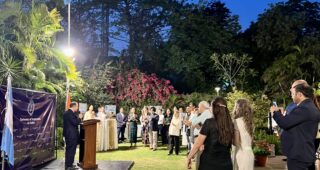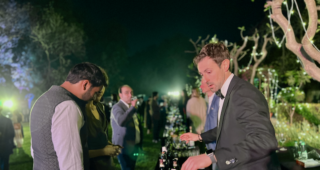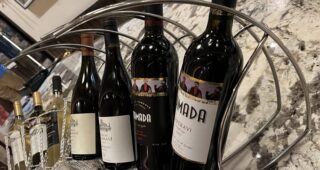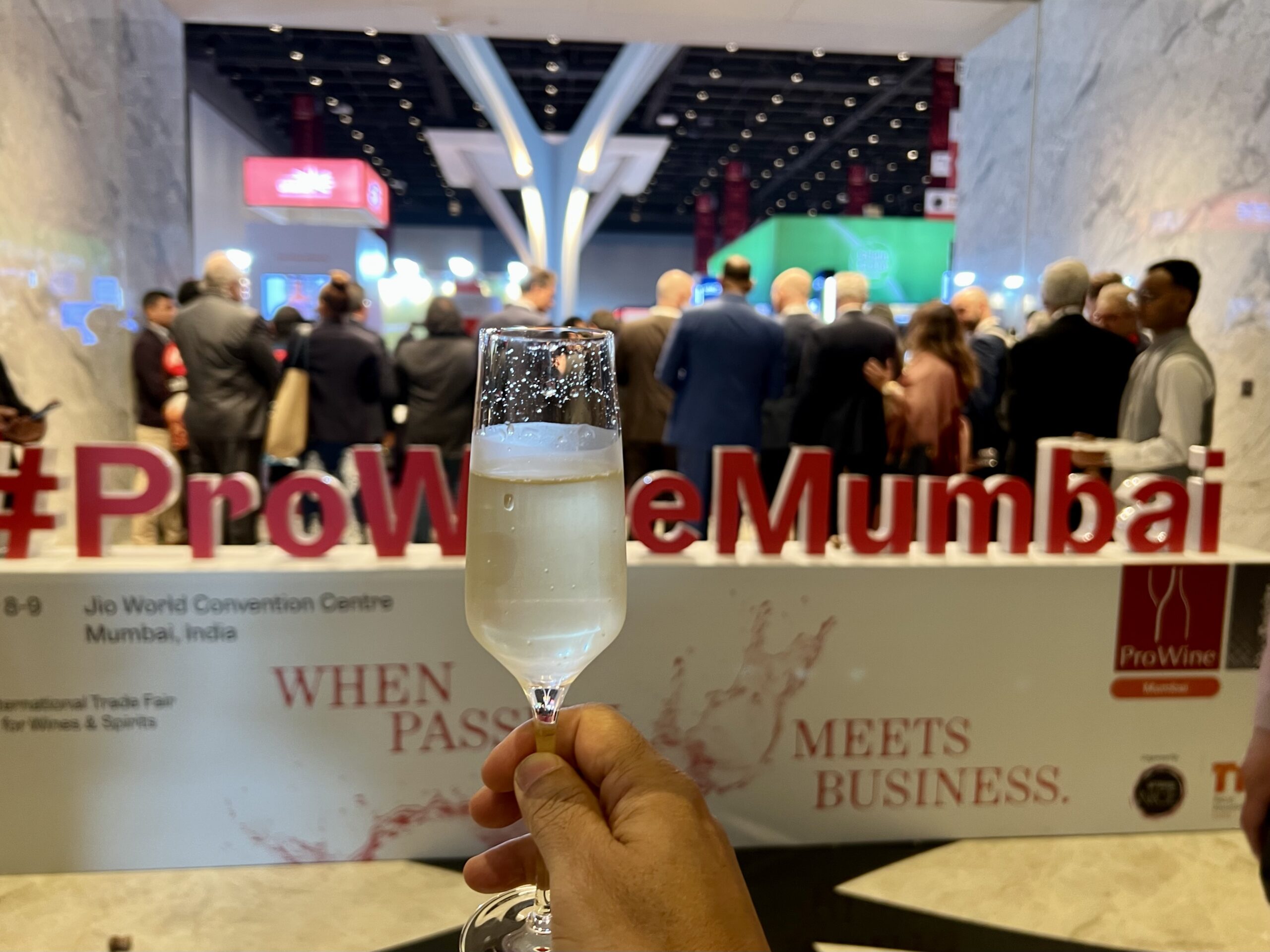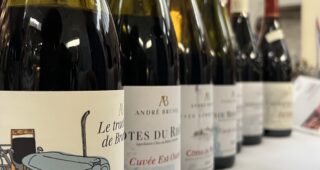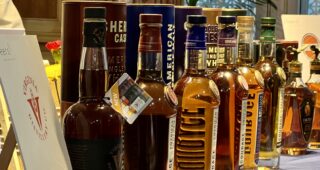
In the Indian wine milieu, the year 2014 clearly belonged to the Austrians. With the last of their trilogy of wine events completing in November, the Austrians through well planned presentations showcased their wines for the Indian palate to explore them in ample measure. They began with the first master class in April this year and built on the splash, diving deeper with two other similar fixtures organized for different sets of audience. The third master class held in November did essentially the same — presenting a diverse range of as many as 60 wines for guiding the audience, primarily from the wine and F&B trades.

It goes to the credit of the organizers that each master class had some element of freshness in terms of range of wines showcased and its focus on different wine regions of Austria. A bonus of these tastings was the congenial environs of the residence of the Austrian Trade Commissioner Dr Wolfram Moritz in the upscale and pollution-free Lutyen’s Delhi zone.


As Sommelier Magandeep Singh started the third session,I could discern the fine tuning in the serving of wines as compared to the earlier two sessions in April and September. This time around, the wines were served in clockwork tandem with the proceedings under way on the stage, which implied that we were holding the same wine whose attributes the sommelier was discussing with the audience. Not that the timing was awry in the earlier two sessions, this time the calibration was perfect to the tee. A sudden chill in Delhi’s weather caught everybody by surprise, which was also too cold for some full-bodied reds for their aromas to emerge. However, Magandeep was quick to guide the gathering on warming up the wines by cocooning the goblet in the palms, which did wonders.

The wines that I really admired were:
Huber Riesling “Berg” 2012
As brought out by Magandeep, “Berg” here signifies a particularly notified area equivalent of a Premier Cru of France. The wine itself lived up to its status by virtue of delightful aromatics, well balanced acidity and a complex palate.
Huber Rosé Sparkling HUGO
An interesting sparkling with a petillante (lightly sparkling) palate. Classified as Extra Dry ( 12-20 gms per litre residual sugar), it appeared like a Sec (17-35 gms per litre residual sugar) maybe because of the intense red fruit flavours. This could be a very good wine for wine brunches.
Markowitsch Pinot Noir 2011
A pleasant and lusciously fruity Pinot Noir with light tannins going from fiber to steel as it progressed to the finish. This wine was easy drinking as well as gourmet capable.
Leth St. Laurent Reserve 2011
One of my favourites of the evening, this was the wine with an excellent structure and an indulgent mouthfeel. St. Laurent closely compares with Pinot Noir in characteristics, but I found that this wine had a firmer structure with all the advantages that a Pinot Noir fan would expect.

Angerhof-Tschida Samling 88 Beerenauslese 2012
Beerenauslese implies “Berry level picking” i.e. it is ensured that all the berries for making the wine are fully ripe and hence have higher sugar and more alcohol potential. The wine had good acidity-sweetness balance which is very important for a sweet styled wine. The flavours ranged from quince, honey and white peppers. You could pair this wine with main course as well as desserts. Of course with main course it would have to be something deliberate, like a honey glazed chicken or any preparation that has a sweeter connotation.


As this series of master classes came to a close, Shanay Hubmann, the Deputy Trade Commissioner at the Austrian Embassy highlighted “Our ultimate goal is to see more Austrian wine available in the Indian market – at bars, restaurants, and in people’s homes. We are aware that at the moment, Austrian wines are rare in India – partly due to typical grape varietals and partly because of their limited current availability in the country. With these tastings, we hope to create more demand for Austrian wine and to motivate importers to place orders”. Speaking about the effectiveness of these sessions, she said- “The awareness part was certainly achieved, and we hope to see the first orders coming in soon!”
Another visible advantage of these master classes was the highlighting of the major wine regions of Austria, which apart from aiding the understanding about the region specific wines might also have potential in the tourism domain. But according to the Austrian Trade Commission, it could be a while before such spin offs are actively considered. The first step to them remains creating awareness of Austrian wines, going beyond the ubiquitous Grüner Veltliner – by far the most popular varietal wine from the country. According to Shanay, an overwhelming feedback from these three tastings has created possibilities of having smaller, more personalized tastings and wine dinners, for focus groups of wine lovers.
With the Institute of Wine and Spirits Research (IWSR’s) pegging the Indian wine market growing to 73.5% from the current levels in the period 2013-17, this optimistic approach may well prove to be a watershed for Austrian wines in India.





